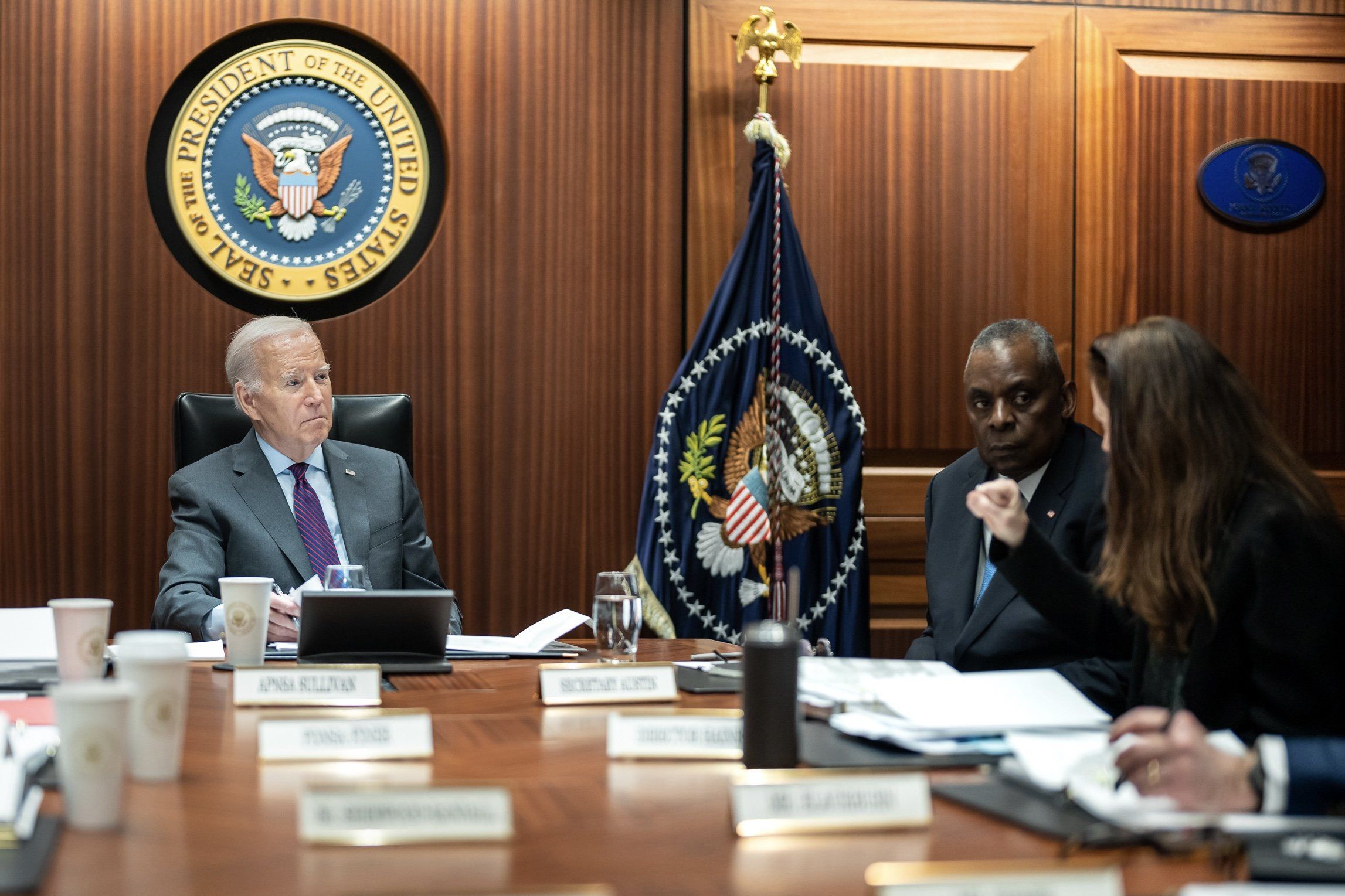This weekend, US servicemen were struck and killed by hostile fire for the first time since the war erupted in Gaza. The attack happened on a military base in Jordan, near its border with Syria and Iraq. President Joe Biden laid the blame squarely on Iran, leaving many to wonder how he will respond.
Iran denied any responsibility, pointing the finger at “resistance groups” that are not under Tehran’s direct command. However, the “Axis of Resistance” proxy groups complicating the Gaza war – from Lebanon to Yemen – are all trained and armed by Iran.
Biden has a big dilemma. Biden needs to make a significant enough blow to Tehran that it deters future attacks without escalating the situation by bringing the US into direct conflict with Iran. Washington has failed to strike this balance in the Red Sea, where its campaign against the Houthis has only intensified the proxy group’s attacks on global shipping.
Rather than striking Iran directly, the US is likely to order increased attacks on proxy groups in Syria and Iraq, while ramping up pressure on Israel to de-escalate the Gaza conflict.
There will be domestic consequences. Voters will punish the president if his response leads to a spike in oil prices or more American lives lost. Republicans are using the attack to paint Biden as soft on Iran while emphasizing the 150 attacks on US troops that led up to the deaths. In contrast, Donald Trump can tout that he was president when a US drone strike took out Iran’s military commander, Qasem Soleimani, who was pivotal in forging the “Axis of Resistance,” while blaming Biden for the perils facing US troops in the region.
There’s no easy answer. Biden needs to respond to avoid looking weak. But his response also needs to be effective in deterring future attacks from Iran and its allies, who have promised not to stop their attacks until there is a cease-fire in Gaza.
In response to the attack, Biden faces increased pressure to deliver a truce. While progress has been made on cease-fire negotiations, Hamas and Israel still stand far apart on key details – namely, the length of the ceasefire and how many hostages will be released.
